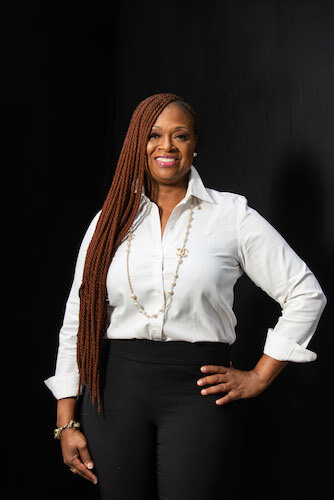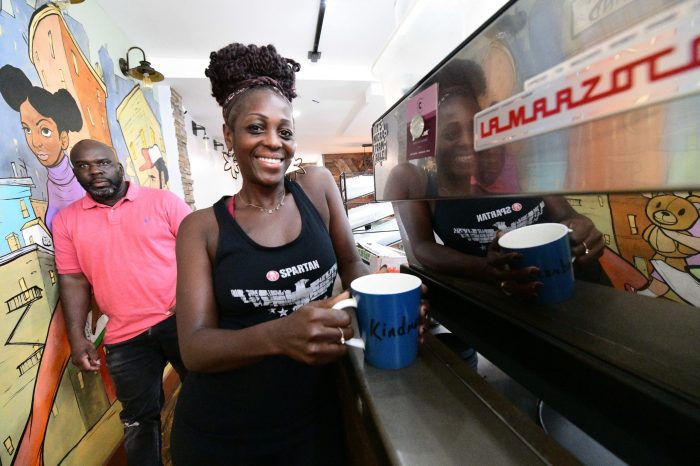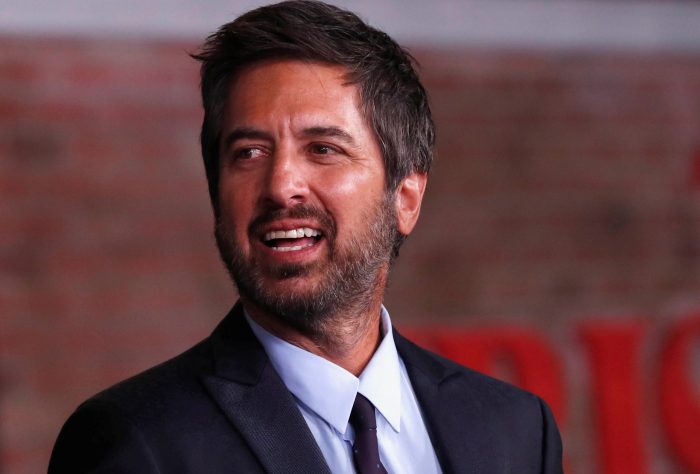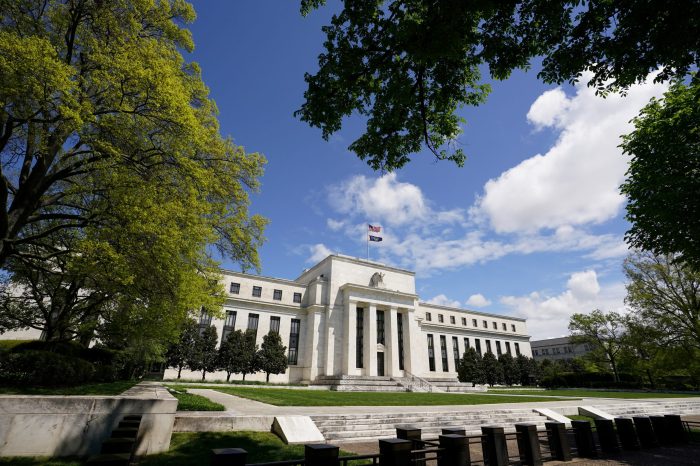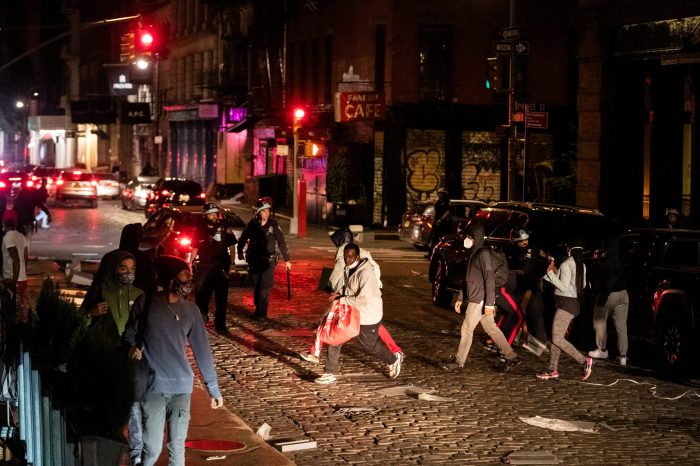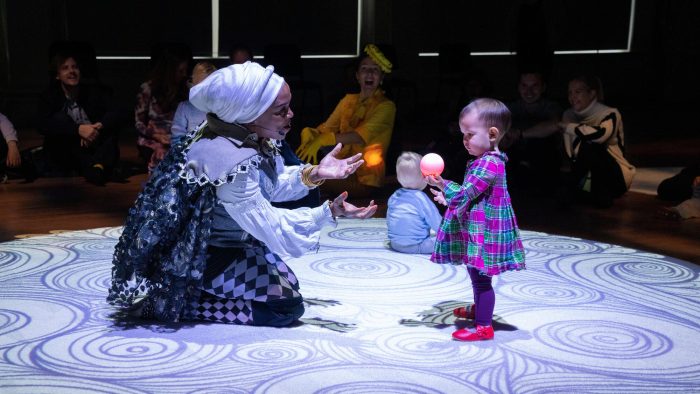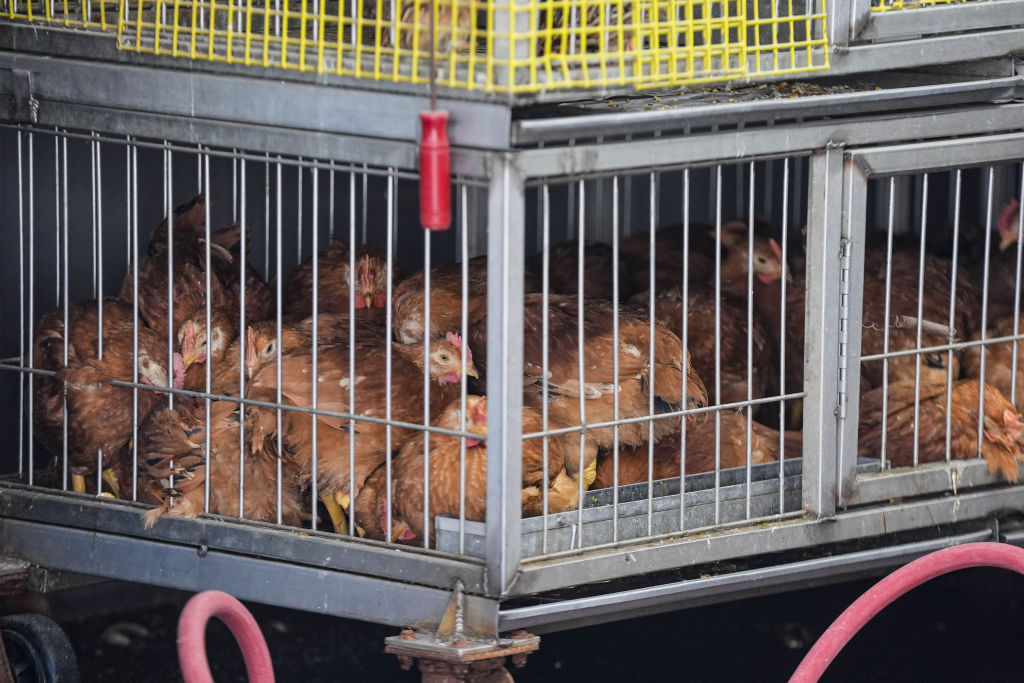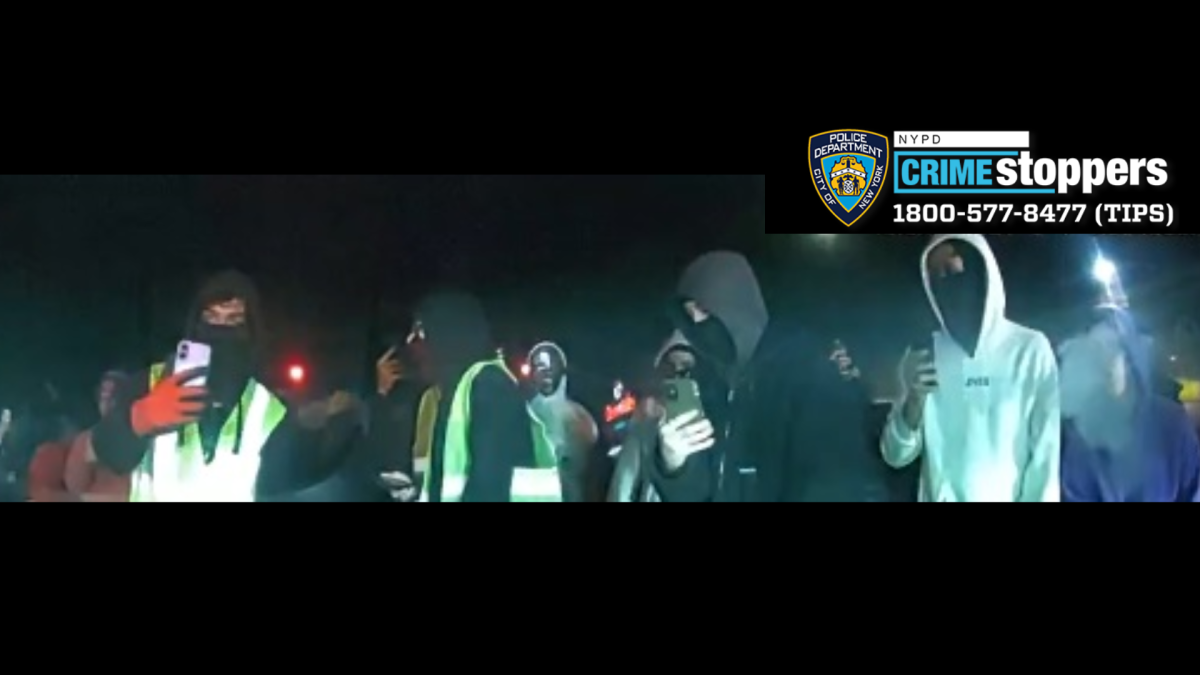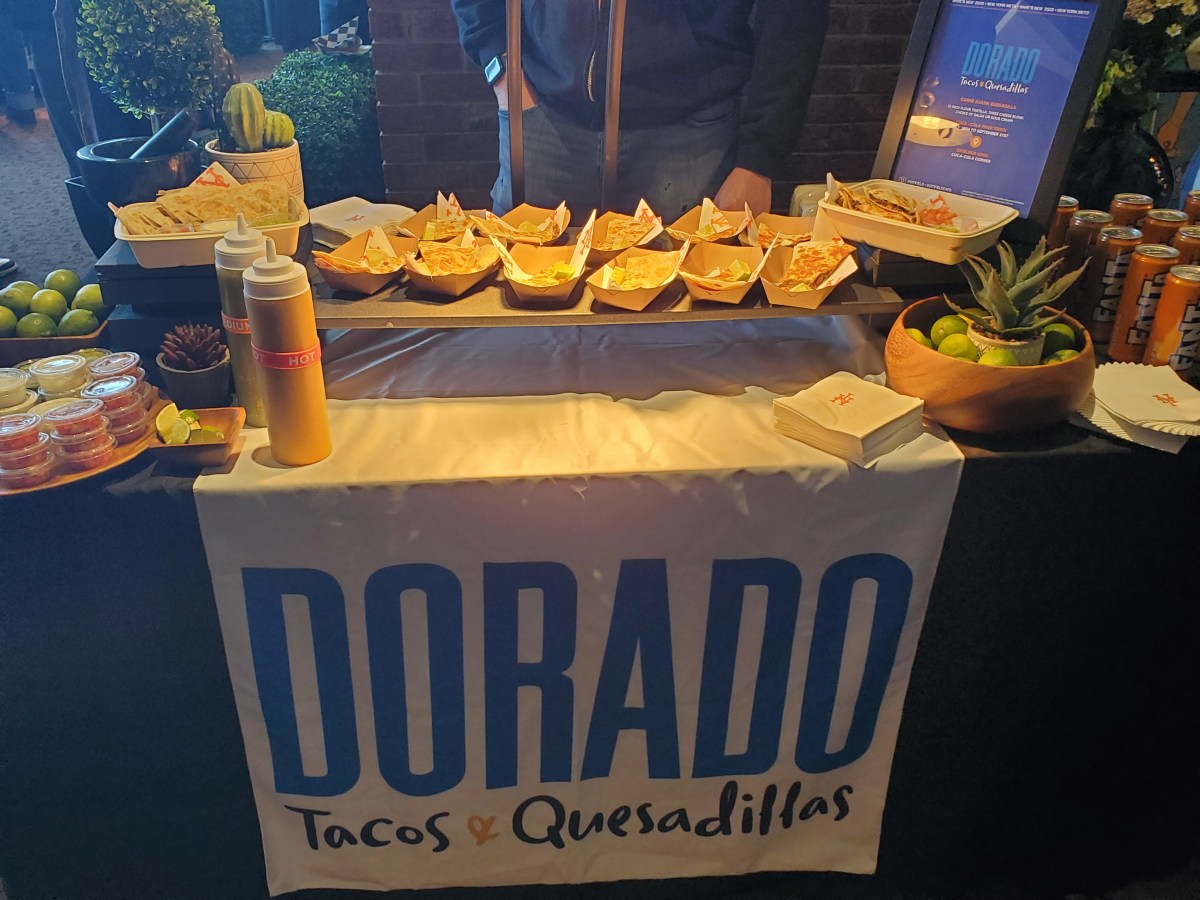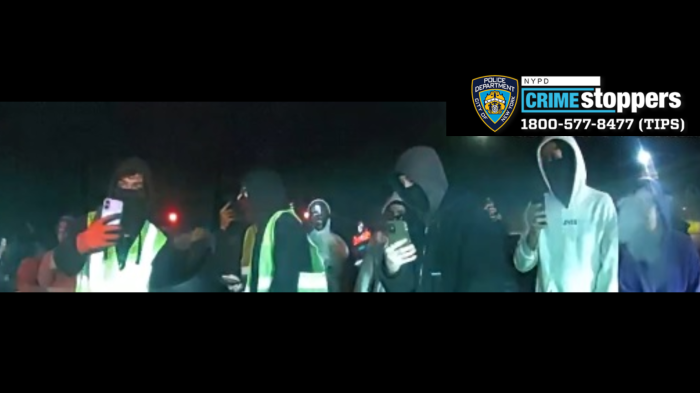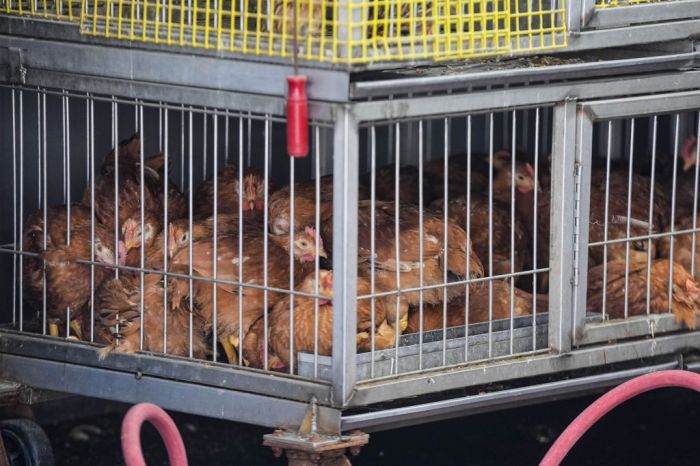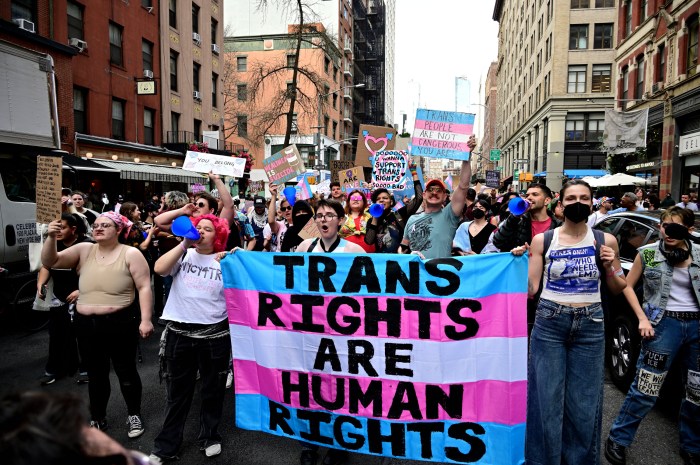The COVID numbers look decent in NYC as of press time—now that the meaning of “decent” has changed and is a relative term to the devastation of the city in March and April 2020. But many small businesses continue to struggle amid mutant strains, anti-maskers and complacency over vaccines that will realistically take months to roll out to the general population..
The New York office of the Local Initiatives Support Corporation (LISC), is one non-profit committed to helping struggling minority-owned businesses from semi- or even permanent closure as we ride out these highly uncertain late-winter and spring months.
Aware of the already existent wealth gap in NYC, LISC was ready to distribute funding by September of 2020—a point in time when many businesses would have fallen to their knees with back-rent, overheads and PPE and compliance costs.
When amNewYork Metro spoke with Valerie White, Executive Director of LISC NYC she framed the pandemic in a way that many have: “This is not like 9/11 or Hurricane Sandy, which although deeply tragic, had a kind of unique ending,” after which rebuilding could begin and the costs of this rebuilding roughly projected.
We don’t know how long COVID will be with us, or how we will have to adapt in a post-vaccine world. But LISC is in it for the long-term, as continual cash injections, grants, relief and education will be required to help such small, minority owned business keep their doors open, and, ideally, retain as many staff as possible. As well as funds, the businesses receive additional support such as legal assistance, business training, mentorship and guidance on new regulations, meaning that when the financial crisis does end, they’ll be even better equipped than before.
LISC has so far awarded 112 Black and Latino-owned NYC businesses more than $1.1 million in grants for relief and recovery. Individual grants can be up to $10,000 per small business and are available through LISC’s partnership with 16 community based organizations across the five boroughs.
White stated that a lot of the businesses LISC are working with are independent, or mom-and-pop—businesses that likely did not have savings or capital behind them to weather this unexpected and throttling global catastrophe.
To qualify, the business must make less than $500,000 per annum and employ less than 20 people. The kinds of businesses frequently assisted are places like barber shops, beauty salons, nail salons—the kind of places that, pre-pandemic, would provide the backbone a communities needs, not just for services but for togetherness.
White is a proud New Yorker who knows the socio-economic map of the city like the back of her hand. When asked, for examples, for areas in NYC that were in most desperate need she stated, “South Bronx, East Harlem, East New York, Brownsville, Chinatown, South Jamaica…” in one the most rapid listings imaginable.
As well as brick and mortar stores, LISC is concerned over the repercussions of the rent moratoriums, currently extended until May 1, 2021 by Governor Cuomo. The potential aftermath of the ending of the moratorium—with tenants owing thousands, perhaps tens of thousands of dollars in back-rent and the possibility of mass evictions—is something that would surely make even the most cold-hearted landlord shudder.
In discussing landlord situations, White made a valuable and understated point: some landlords are not large firms, but rather may rent a room to a family member or even sublet say, a basement space, for additional income. If their tenant is unable to pay, their quality of life will decrease exponentially. This highlights the manifold struggles affecting Black and Latino populations beyond just consumer commerce.
White is unflinching in her support of minority owned small businesses as essential to NYC’s recovery as, “These businesses are critical to closing the racial wealth gap, creating pathways to family-sustaining careers and to employing tens of thousands of individuals, many of whom are from the BIPOC communities hit hardest by the pandemic.”
This includes businesses such as that of Daniel and Derek Johnson, co-owners of Bob and Sons Refinishing, Inc., who state, “We’re a family-owned business that has been in Brooklyn for more than fifty years, and in that time, we’ve weathered many challenges, but none as deeply distressing for our business as this economic crisis. There’s no doubt that the coming months will continue to be difficult, but the financial relief received through LISC NYC’s recovery fund helps to make a future for our business possible.”
All of his being said, organizations like LISC can only do so much. The gravitas truly falls on federal funding. LISC are a life raft to many business owners right now, and that is a truly admirable thing. But on the wider view, as White states, “There still needs to be larger, long-term governmental intervention and capital support for this community of local businesses.”
For more information, visit www.lisc.org



